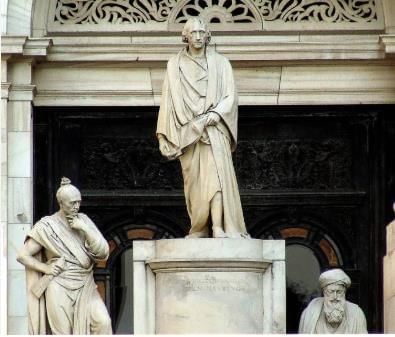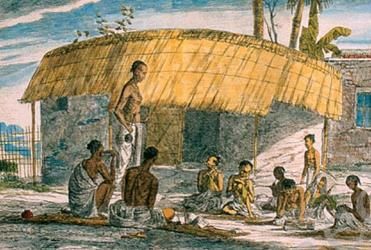Test: Civilising the “Native”, Educating the Nation - 2 - Class 8 MCQ
20 Questions MCQ Test - Test: Civilising the “Native”, Educating the Nation - 2
Name the person who was a part of the Scottish missionary who helped to establish the Serampore Mission
Name the President of the Board of Control in England who sent a dispatch.
A person who can read, write and teach Persian is called a _________
"A Single shelf of a good European library was worth the whole native literature of India and Arabia." Who said these words?
Lord Macaulay emphasized the need to teach this language. Which language did he insist to teach ?
Regarding Wood's Despatch, which of the following statements are true?
1. Grants-in-Aid system was introduced.
2. Establishment of universities was recommended.
3. English as a medium of instruction at all levels of education was recommended.
Select the correct answer using the code given below:
Which year did the Court of Directors of the East India Company in London sent an educational dispatch to the Governor General in India?
Warren Hastings took the initiative to set up a Madrasa at one of the important cities of India and believed that the ancient customs of the country and Oriental learning ought to be the basis of British rule in India.
Which city is being referred to here ?
This picture is of a university that was established as per recommendations of the Woods Dispatch along the lines of London universities.
Identify the place where this famous university stands today in the state of Maharashtra?
Identify this famous historian from the following clues :
He was the most outspoken and influential critic who attacked the Orientalists
He saw India as an uncivlised country that needed to be civilized
He felt that British government in India should stop wasting public money in promoting Oriental learning for it was of no practical use.
Name this Scottish historian who attacked the Orientalists.
Complete by choosing the most appropriate word from the following list of options.
The introduction of _____________ brought with it ideas of democracy, liberty, fraternity among the minds of Indians
The image given below is that of a famous Governor General in the centre, and a Pandit on one side and a Munshi on another side.
This monument is now in Victoria Memorial, Calcutta. Guess correctly the name of this Governor General.

In countries like India, British used this term to mark the difference between the local languages and everyday use and English.
______________________ term is generally used to refer to a local language or dialect as distinct from what is seen as the standard language.
Which year was the English education Act introduced in India?
The temples of darkness that were falling of themselves into decay. Who said these words about the Calcutta Madrasa and Benares Sanskrit College?
How did the European learning improve the moral character of Indians?
The following image is a pictorial representation of a Dutch painter who came to India in the late 18th century. Name this Dutch painter

Name the college established on the banks of the river Hooghly near Calcutta by William Carey.
Points Orientalist Vision of Learning by the British are given below.
Select the one that is not applicable to this particular style of learning.














